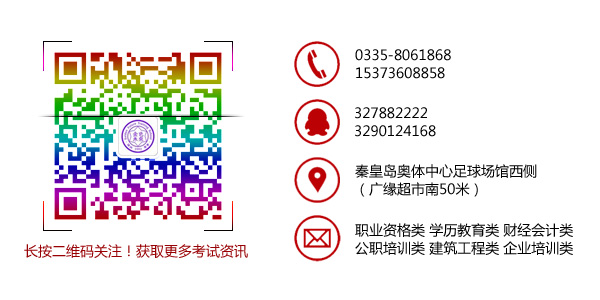1. renew [rɪ'njuː]
vt. 使更新;续借;续费;复兴;重申
He renewed his attack on government policy toward Europe. 他重新开始抨击政府的欧洲政策。
2. sympathy ['sɪmpəθɪ]
n. 同情;慰问;赞同
We expressed our sympathy for her loss. 我们对她的损失表示了同情。
3. excessive [ɪk'sesɪv]
adj. 过多的,极度的;过分的
Their spending on research is excessive and is slowing developments of new treatments. 他们在研究上的花销过多,正在减慢新疗法的开发。
4. excellent ['eks(ə)l(ə)nt]
adj. 卓越的;极好的;杰出的
The band played excellent music at the children's show. 这家乐团在儿童演出会上演奏了极好的音乐。
5. frightening ['fraɪt(ə)nɪŋ]
adj. 令人恐惧的;引起突然惊恐的
It was a very frightening experience and they were very courageous. 那是一次非常令人恐惧的经历,但他们非常勇敢。
6. frustrate [frʌ'streɪt]
v. 挫败;阻挠;使感到灰心
These questions frustrated me. 这些问题使我懊丧。
7. inferior [ɪn'fɪərɪə]
adj. 差的;自卑的;下级的,下等的
This resulted in overpriced and often inferior products. 这就导致产品标价过高而往往质量较次。
8. initial [ɪ'nɪʃəl]
adj. 最初的;字首的n. 词首大写字母
The initial reaction has been excellent. 最初的反应极好。
9. initiative [ɪ'nɪʃɪətɪv]
n. 主动权;首创精神
We are the only power willing to take the initiative in the long struggle to end the war. 在旨在结束战争的长期斗争中,我们是惟一愿意首先采取行动的国家。
10. instrument ['ɪnstrʊm(ə)nt]
n. 仪器;工具;乐器;手段;器械
Learning a musical instrument introduces a child to an understanding of music. 学习一种乐器能引导孩子对音乐有所了解。
